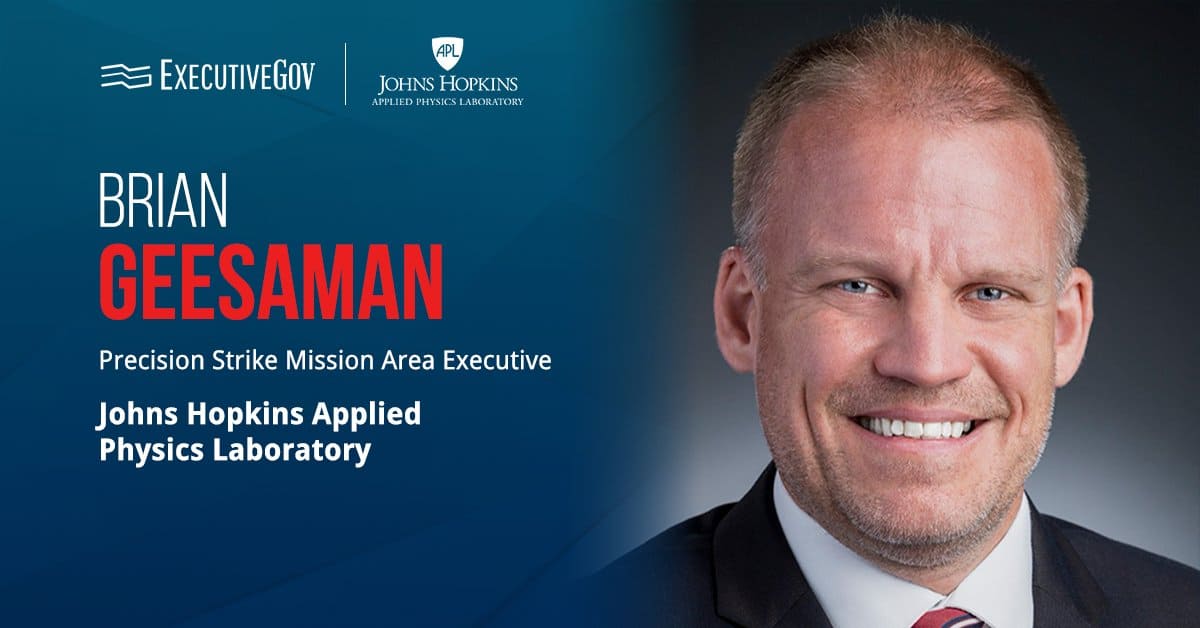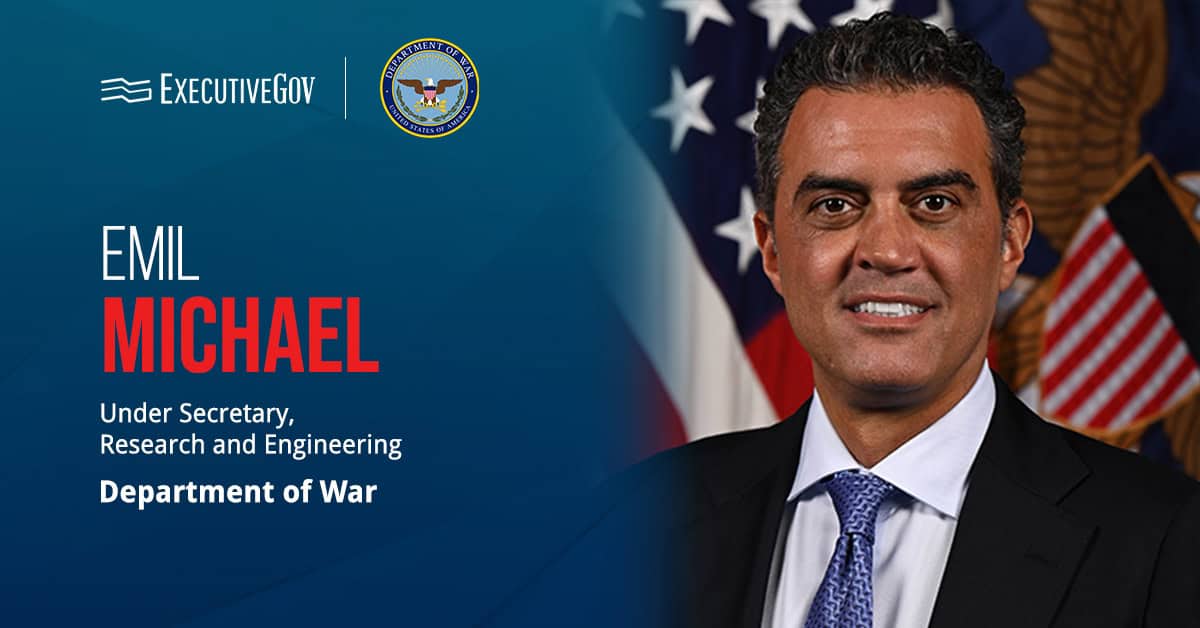Gen. Charles Brown, chief of staff at the U.S. Air Force, has unveiled a new set of action orders that aim to foster service-wide organizational changes in the areas of airman management, bureaucracy, power competition and design.
The action orders build on Brown's strategic approach document, titled “Accelerate Change or Lose,” which discusses his strategic view and reasoning for the importance of change, the U.S. Air Force said Thursday.
The orders prioritize airman needs, the need to accelerate decision making and adaptiveness to future budget limits. Brown also highlighted USAF's critical role in understanding China's and Russia's strategies in the great power competition.
USAF expects its airmen to provide the answers to questions given by Brown's action orders.





